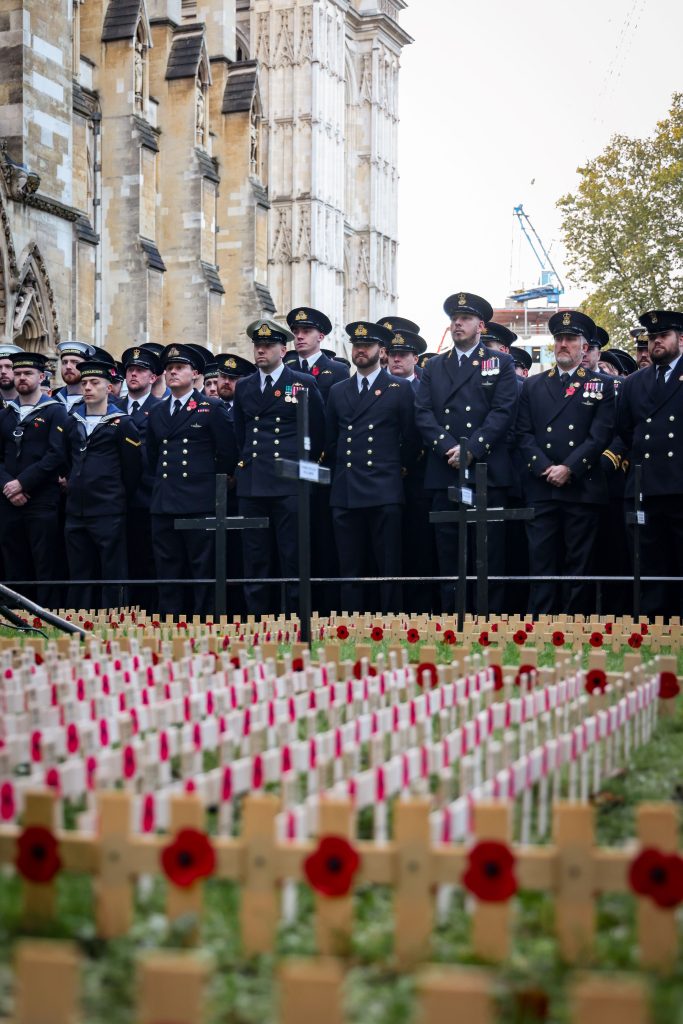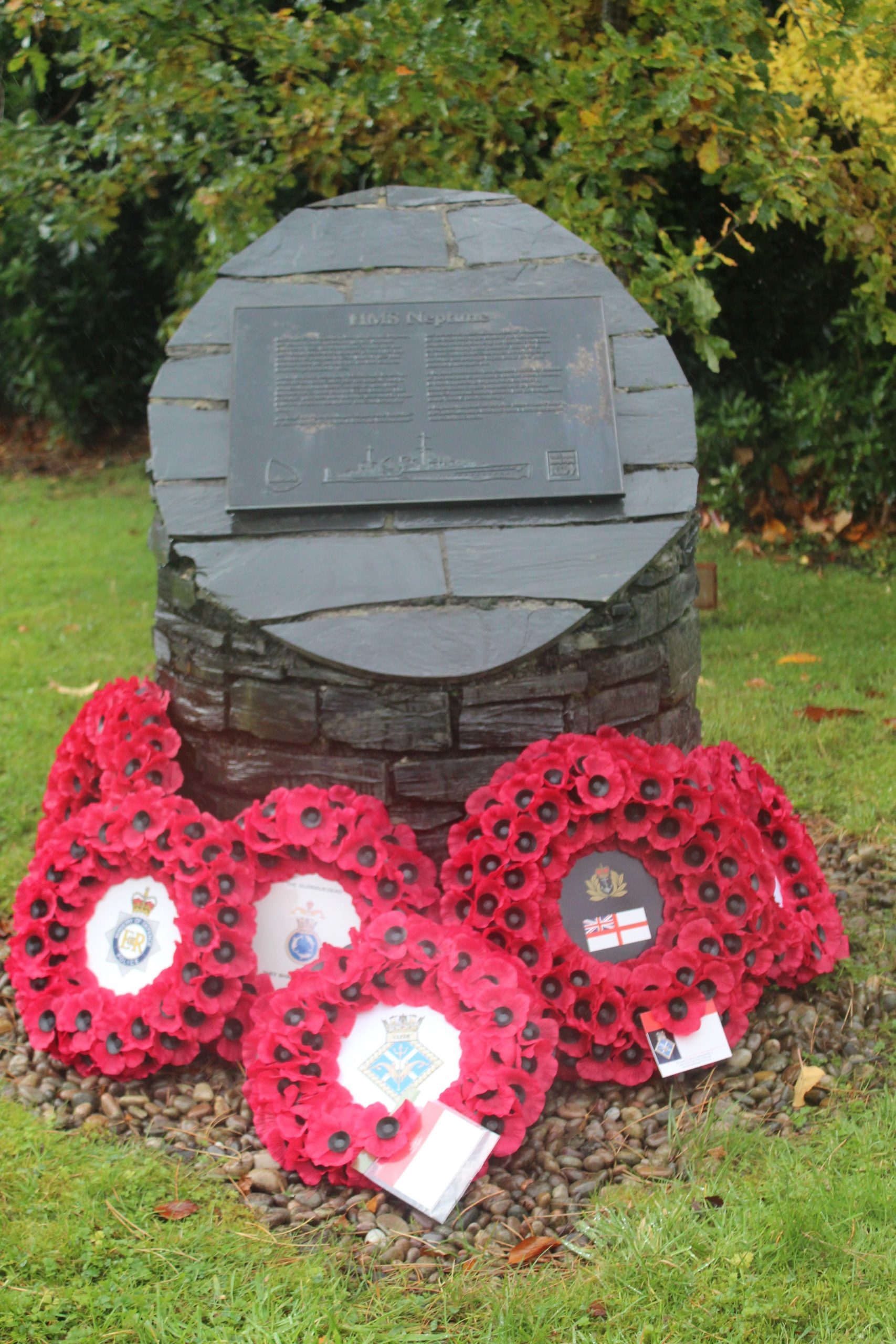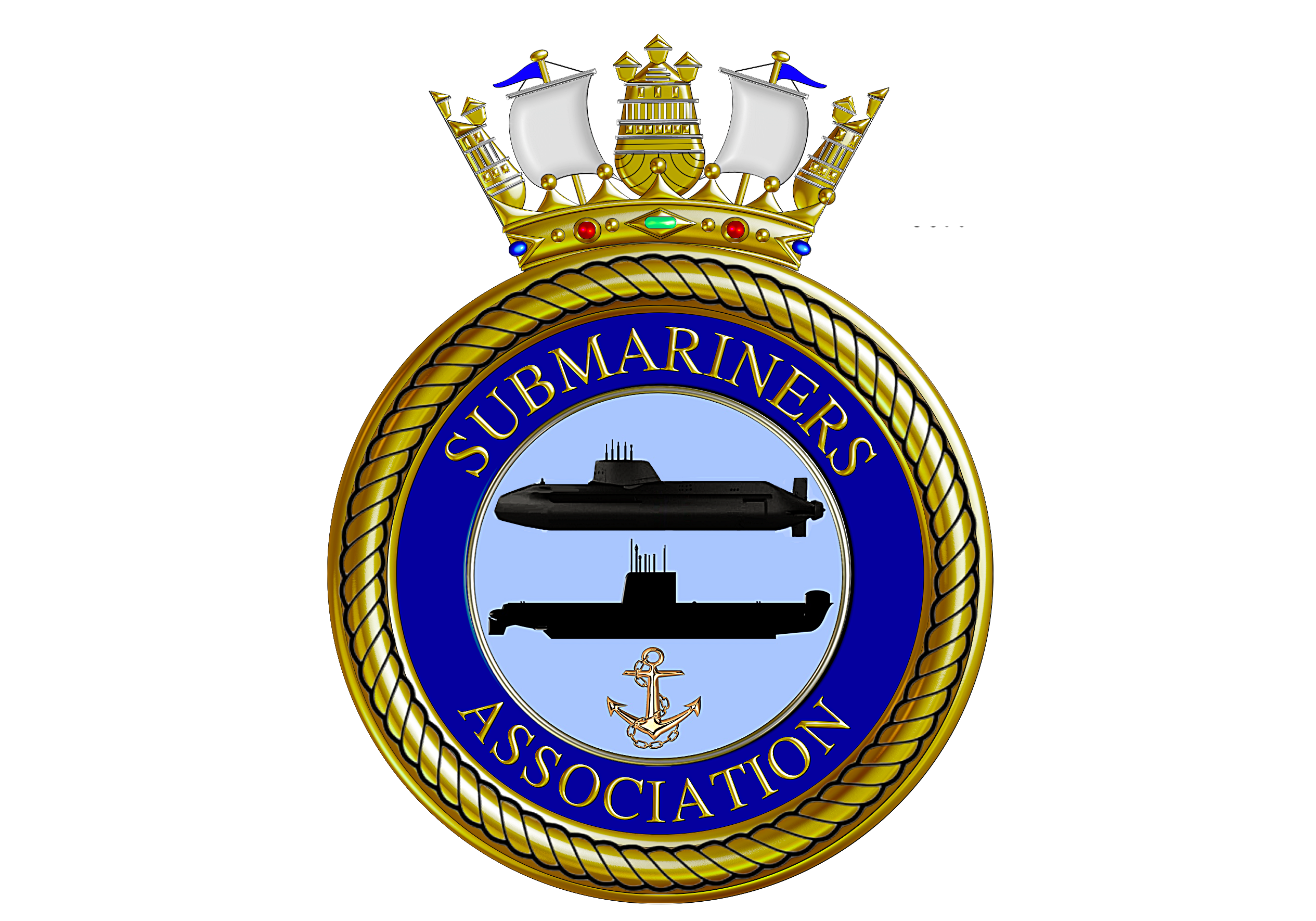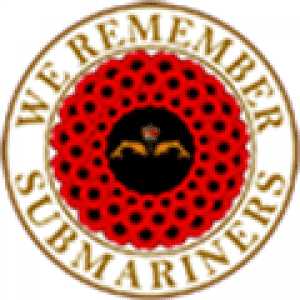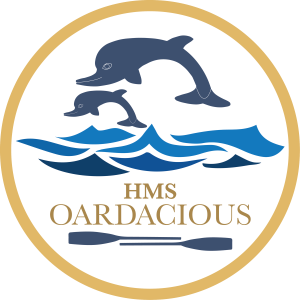Who we are
The ‘MOD War Detectives’ are the Ministry of Defence team who investigate historical casework (from World War 1 onwards). The MOD War Detectives will:
- attempt to identify the remains of British armed forces personnel discovered in former battlefields across the world
- identify and re-name the grave of those who were buried as “unknown”
- coordinate a military commemorative service for all cases we have fully investigated
- issue licences for the excavation of military aircraft sites in the UK (under the Protection of Military Remains Act 1986)
The MOD War Detectives’ official name is the Joint Casualty and Compassionate Centre Commemorations team, part of the wider Defence Business Services organisation. The small team is based at Imjin Barracks, Gloucester.
What we do
Our work is varied and interesting and includes the following;
- when remains of British personnel killed in historic campaigns dating back to the Great War are found, the JCCC will try to identify them
- where new evidence confirms the name of an individual already buried in an “unknown” British war grave, the JCCC will verify or decline the evidence. Please see section on ‘Rededications’ below for details of how to submit an identification case.
We are solely responsible for:
- researching military and historical records to help confirm the identity of a casualty where possible
- investigating military and personal items found with a casualty
- genealogical research to find casualties’ families
- working with the host nation, Commonwealth War Graves Commission (CWGC), the historic branches of each of the armed services and regimental contacts
- organising DNA testing if necessary where casualties have recently been found
- arranging a military funeral/service of rededication
- hosting a reception after a burial or rededication service
- liaison with casualties’ families
Although we work with many different organisations, JCCC is the ultimate authority responsible for naming a casualty or previously unknown grave.
For more detailed information about what we do on a day to day basis, read more about what we do.
Attend A ‘Full Military Honours’ Funeral or Rededication Service
Our services are free to attend and a list of future services can be found at our future services and current appeals.
Help Identify a Missing Soldier, Sailor or Airman?
The MOD War Detectives need your help to trace family of British casualties found on historical battlefields. See our future services and current appeals.
Giving A Name to Those Found On Historical Battlefields
Following the discovery of the remains of British Service personnel from historic conflicts, the MOD War Detectives attempt to identify the remains. We work closely with overseas authorities and the Commonwealth War Graves Commission (who recover remains in France and Belgium) to assess what artefacts or identifying uniform fragments may have been found with the remains. Dog tags were commonly made of compressed fibres which may have decomposed over the years. However, metal shoulder titles and other items often still survive and these can identify a Regiment with which the individual served.
If no identification is possible from the artefacts found, the team works with the single Service Historical Branches, Regimental museums and others to research when a particular Regiment was in the area where the remains were found. Analysis of war diaries and other records can then allow a shortlist of missing personnel to be created.
Once a shortlist has been compiled, the War Detectives use genealogical research to create a family tree for each individual on the list. Official records, and where needed media appeals, are used to trace surviving family members, who may be asked to provide a DNA sample in the hope of a match being found to the remains, confirming an identity.
Arranging Military Funeral Services
The MOD War Detectives co-ordinate all arrangements for funeral services, with full military honours, for all British personnel found on historical battlefields or aircraft crash sites. Services usually take place at a CWGC or other military cemetery near to where the remains are found. We work with the current Armed Forces, Service Chaplaincies, CWGC and local authorities in country to arrange a dignified service for every case, irrespective of how long ago they died, to honour the sacrifice they made for their country. If the casualty can be identified, surviving family members are invited to the service and in some cases can be funded by the MOD. Our services are open to the public and free to attend. See our future services and current appeals.
Rededications
Many Service personnel have been buried with no known name, but new evidence can still emerge today to suggest a name for an individual buried in a specific grave. Anybody can research an “unknown” grave and send their findings to CWGC, who act as a “gateway” for these cases. Submissions should be sent via the CWGC website. The MOD War Detectives are the only authority in the UK who can approve these cases. Where they decide that there is enough evidence to prove the identity of a previously “unknown” grave, a new, named headstone will be arranged by the CWGC. The MOD War Detectives will attempt to trace the family and arrange a rededication service at the graveside. See our future services and current appeals.
Repatriation
All casualties of both WW1 and WW2 are buried with their comrades in the country of their death (usually in a CWGC cemetery).
Commonwealth War Graves Commission
We work closely with the Commission. They are involved with the discovery of casualties in France and Belgium. They are responsible for the upkeep and maintenance of cemeteries and memorials at 23,000 locations in more than 150 countries. They also hold many helpful historical records that help us with our research to identify casualties.
Licences to excavate at military aircraft crash sites in the UK
All military aircraft crash sites in the UK are protected by the Protection of Military Remains Act 1986. It is illegal to disturb a crash site without a licence issued by the JCCC. To apply for a licence contact JCCC.
Look at our current and past cases MOD War Detectives (the Joint Casualty and Compassionate Centre Commemorations team): our future services, current appeals and past cases – GOV.UK (www.gov.uk)
Contact Us
Joint Casualty and Compassionate Centre Commemorations team
JCCC
Room G35
Innsworth House
Imjin Barracks
Gloucester
GL3 1HW
Email: [email protected]
Phone: 01452 712612 extensions: 5520/6303/6063/5465
Facebook: MOD War Detectives
